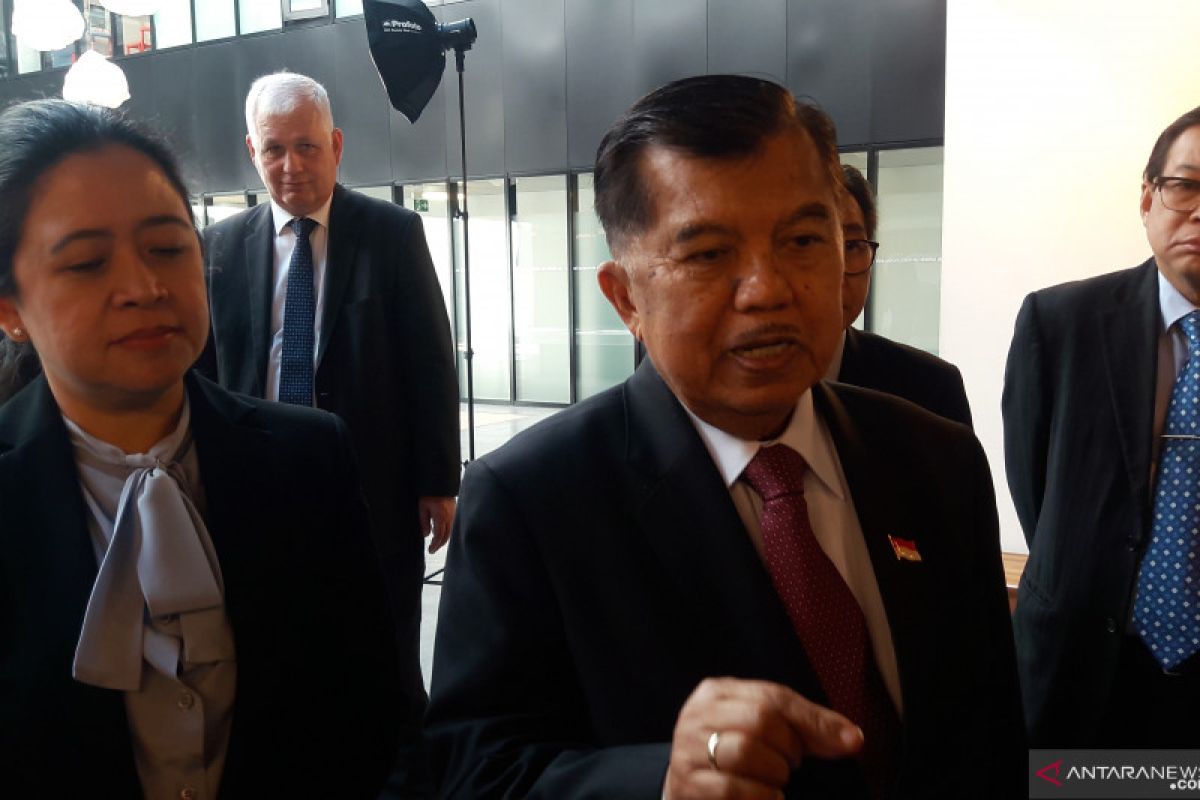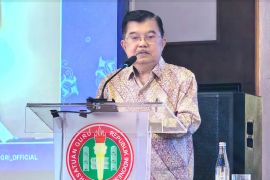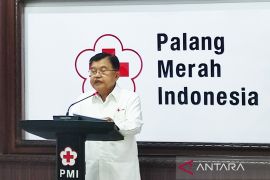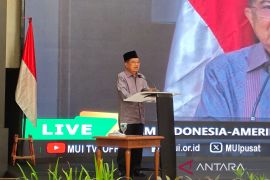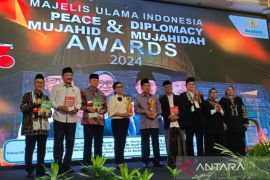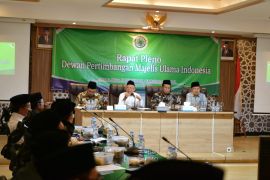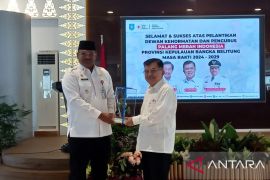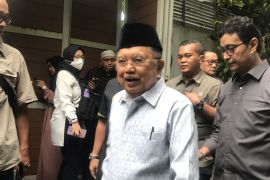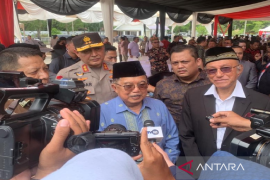"Here, some 80 percent of the senior high school graduates continue their studies to vocational institutions," he informed journalists following a visit to the Lausanne-based SFIVET campus as part of his planned programs during his stay in Switzerland.
Moreover, the Indonesian government has laid emphasis on developing the country's human resources through VET programs. Hence, Indonesia should work towards strengthening its vocational high schools, VET centers, and polytechnic colleges.
Through its official website, SFIVET takes pride in calling itself Switzerland's expert organization for vocational education and training.
SFIVET provides basic and ongoing training to VET professionals, conducts VET research, aids in the development of occupations, and supports international cooperation in vocational and professional education and training.
Following a visit to SFIVET, with regional campuses in Zollikofen near Bern (main campus), Lausanne and Lugano as well as the off-campus space in Olten and Zurich, Kalla bore witness to a memoranda of understanding being inked between Sinarmas' educational institutions -- Simas Berau Polytechnic, Bandung Institute of Sciences and Technology (ITSB), and Prasetiya Mulya University -- and the Swiss International Technical Connection (SITEO) and International Management Institute (IMI).
Indonesia, similar to several other nations, currently faces challenges posed by rapid developments in information technology that have brought about changes in several parts of the world.
Moreover, Indonesia can neither purge the impact of this swiftly growing digital technology on the lives of its people and industries.
Digital technology has, without a doubt, affected the lives of numerous Indonesians and businesses in the country.
The quality of Indonesia's human resources has yet to be developed and honed to ably tackle the real challenges posed by this era of disruption. As the world's fourth most populous nation, Indonesia had yet to be listed among the world's most literate countries.
John W. Miller's study (CCSU, 2016) indicated that Finland, Norway, Iceland, Denmark, Sweden, Switzerland, the United States, Germany, Latvia, and the Netherlands are among the top 10 most literate nations.
Translator: Bayu P, Rahmad Nasution
Editor: Sri Haryati
Copyright © ANTARA 2019
